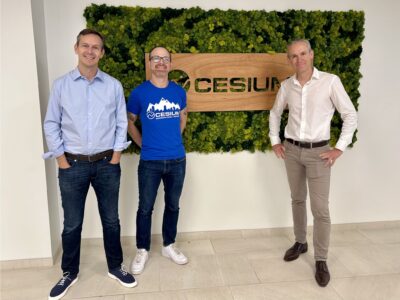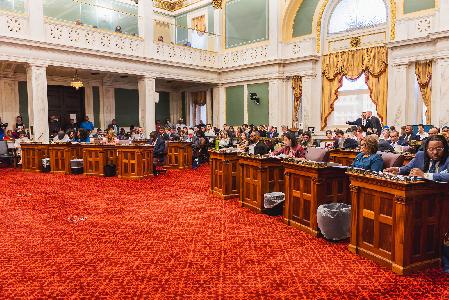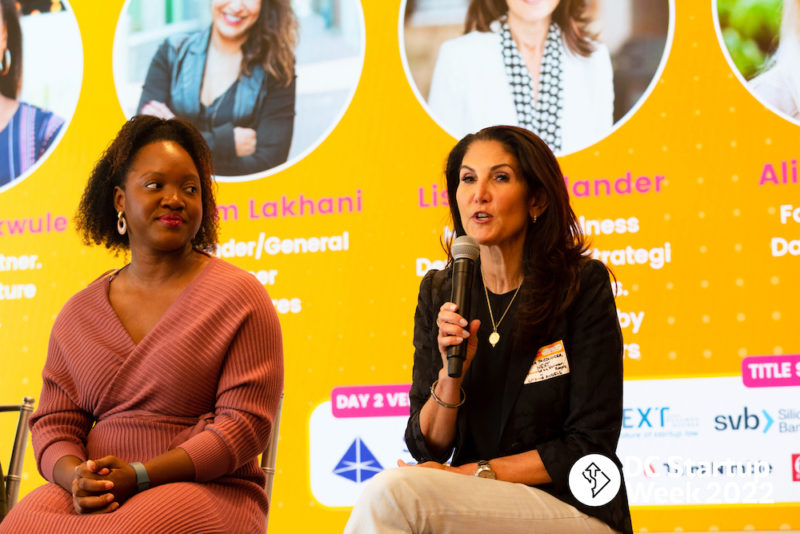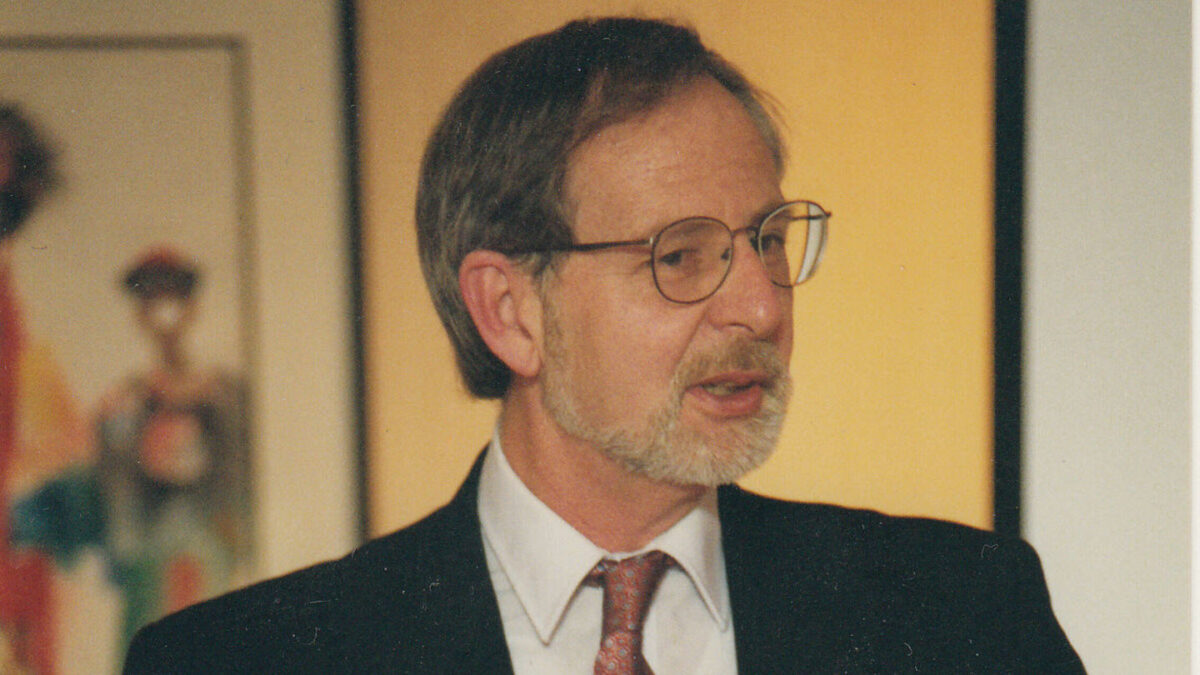Former Temple researcher and professor Brian Butz cared about AI before it was cool.
Butz taught electrical engineering at Temple University for over 30 years. During that time, he also researched artificial intelligence. Since leaving teaching, Butz has maintained connections with Temple and continues to support the school’s AI research efforts, most recently with a $2.5 million donation.
After spending so much of his career at Temple, he wanted to give back and support the next generation of students and professors.
“I’m just hopeful that this money helps them develop good artificial intelligence laboratories where certain problems are resolved and those problems can cut across disciplines,” Butz told Technical.ly, specifically mentioning public health and healthcare as fields of interest.
When Butz came to Temple in 1979 to teach, the university didn’t have an accredited engineering school yet. So he created his own courses, enjoying the freedom he had to introduce students to new concepts like computer analysis.
He was first introduced to AI in the late 80s after being asked to review a paper about artificial intelligence for a magazine.
“I really liked what they were trying to do,” he said. “To make a computer think, it sounded very exciting.”
Butz became specifically interested in expert systems, a type of AI that tries to replicate the actions of some type of expert. Butz’s work developed software that acted like a teacher, assessing what students already knew and adjusting lesson plans based on that called an interactive multimedia intelligent tutoring system.
The ethos of the AI conversation hasn’t changed that much
Butz’s experience with AI over the years isn’t much different from what’s happening in the industry now.
AI has always been a “hot and cold” research area, he said, with waves of funding followed by evolving successes and failures in the research. Right now, AI is producing a lot of valuable results and there is a lot of funding available, Butz said. But concerns remain about the impact of AI.
For example, generative AI research has been successful, but you still have to be careful about how it’s used and whether it will be helpful or harmful in the long run. That discussion isn’t new, according to Butz. People have always had concerns about whether AI will take jobs or create them and if the systems provide accurate information.
Since ChatGPT launched at the end of 2022, increasing AI accessibility, it seems like every company has been adding an AI feature or integration. The excitement around artificial intelligence is also causing increased investment in local AI companies, such as gun detection software company ZeroEyes, which recently raised $53 million.
That’s why Butz and his wife Susan donated $2.5 million to Temple’s College of Engineering in the spring to specifically support AI research at the school. It’s the largest gift the engineering school received to date. The funding will hopefully give Temple a leg up when it comes to AI research and help prepare students for the future of AI.
“We hope to use money to attract excellent faculty and to fund students to take part in the research,” Butz said.
Temple isn’t the only local university investing in AI. The University of Pennsylvania has announced graduate and undergraduate AI and engineering degrees this year and the Wharton School announced a strategic initiative focused on AI earlier this summer. Drexel University launched an AI/machine learning learning group last year to better understand how AI can be a teaching tool.
AI changes how engineers solve problems
Butz has remained interested in AI over the years because it pushes the possibilities of what computers can do, he said, if they can actually learn.
Over time, he worked on AI projects like a universal virtual laboratory, which was a computer-based laboratory that made the lab’s instruments accessible to disabled people, and interdisciplinary work, developing a program that allowed medical students to interview and diagnose virtual patients.
Throughout all of his years of research, the biggest thing that’s changed is how consistently computers are used to simulate scenarios and test systems, he said.
“Engineering hasn’t changed in the sense that it’s still a problem-solving discipline,” Butz said. “But it’s just how you go about solving the problem that’s different.”
Sarah Huffman is a 2022-2024 corps member for Report for America, an initiative of The Groundtruth Project that pairs young journalists with local newsrooms. This position is supported by the Lenfest Institute for Journalism.Before you go...
Please consider supporting Technical.ly to keep our independent journalism strong. Unlike most business-focused media outlets, we don’t have a paywall. Instead, we count on your personal and organizational support.
3 ways to support our work:- Contribute to the Journalism Fund. Charitable giving ensures our information remains free and accessible for residents to discover workforce programs and entrepreneurship pathways. This includes philanthropic grants and individual tax-deductible donations from readers like you.
- Use our Preferred Partners. Our directory of vetted providers offers high-quality recommendations for services our readers need, and each referral supports our journalism.
- Use our services. If you need entrepreneurs and tech leaders to buy your services, are seeking technologists to hire or want more professionals to know about your ecosystem, Technical.ly has the biggest and most engaged audience in the mid-Atlantic. We help companies tell their stories and answer big questions to meet and serve our community.
Join our growing Slack community
Join 5,000 tech professionals and entrepreneurs in our community Slack today!

An open source ethos sparked Philly area Bentley Systems-Cesium acquisition

Philadelphia is finally starting to explore how to regulate AI

When entrepreneurs have questions, these 3 service providers have answers



